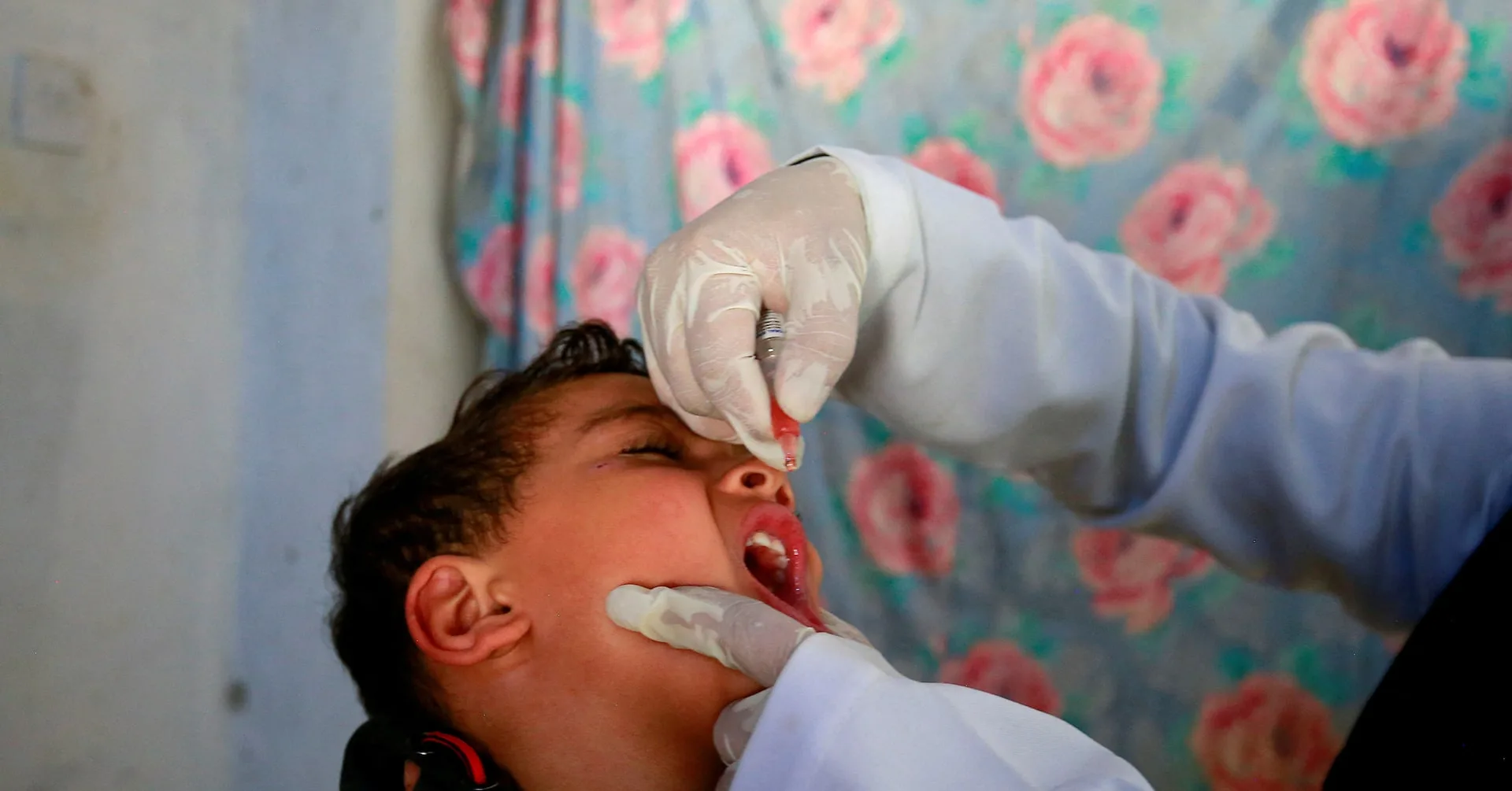A new comprehensive study has reignited global concerns over the health hazards associated with processed meats, sugar-sweetened beverages (SSBs), and industrially produced trans fatty acids (TFAs). Published in the journal Nature Medicine, the study concludes that even small, habitual consumption of these common dietary items is linked to a significantly increased risk of several major chronic illnesses, including cancer, type 2 diabetes, and ischemic heart disease.
According to the study—reported by CNN and based on an analysis of 60 previously published research efforts—there is compelling evidence that there is no safe amount of processed meat consumption. The findings challenge long-held assumptions about moderate intake being relatively harmless and instead call for a radical re-evaluation of dietary guidelines and food industry practices.
Alarming Health Risks
The analysis highlights ischemic heart disease, a condition where narrowed arteries reduce blood flow to the heart, as a primary concern. This disease limits oxygen and nutrient supply to heart tissues and is a leading cause of death worldwide.
Dr. Demewoz Haile, the lead author of the study and a research scientist at the Institute for Health Metrics and Evaluation in Seattle, emphasized that “habitual consumption,” even in small amounts, of these dietary components is consistently associated with elevated risks of life-threatening conditions.
“For example,” Dr. Haile explained, “consuming just one hot dog a day raises the risk of developing type 2 diabetes by 11%, and colorectal cancer by 7%.” Similarly, drinking a single 12-ounce sugar-sweetened soda daily was linked to an 8% higher risk of type 2 diabetes and a 2% increased risk of ischemic heart disease.

Expert Reactions
Nutrition experts not involved in the study have also weighed in on the findings. Dr. Nita Forouhi, head of nutritional epidemiology at the University of Cambridge, reinforced the study’s conclusions. “This current research has shown, yet again and consistent with prior studies, that to achieve meaningful health improvements, it is best to avoid or significantly minimize the regular consumption of processed meats, sugary drinks, and industrial trans fats,” she said.
She added that there is growing consensus that even low-level consumption of processed meats is unsafe. “There’s no evidence of a threshold below which consumption does not pose health risks,” she noted, highlighting the urgency for consumers to rethink their eating habits.
Why These Foods Are Harmful
Experts outlined several reasons why these food items pose serious health risks.
Processed Meats: Items like bacon, sausages, salami, and burgers are often preserved with nitrites, which can transform into carcinogenic nitrosamines once ingested. According to Dr. Gunter Kuhnle, professor of nutrition and food science at the University of Reading, these compounds have been shown to increase the risk of colorectal cancer. Although he was not involved in the study, Dr. Kuhnle supported the findings and expressed concern over the widespread availability and consumption of processed meats.
Sugar-Sweetened Beverages: These drinks cause rapid spikes in blood sugar, contributing to weight gain, insulin resistance, and metabolic disruption—all of which are risk factors for type 2 diabetes and cardiovascular disease. The high calorie content and lack of essential nutrients in these beverages further exacerbate their health impact.
Trans Fatty Acids: Found in many processed foods such as baked goods, margarine, and fried snacks, trans fats are known to reduce high-density lipoprotein (HDL), or “good” cholesterol, while raising low-density lipoprotein (LDL), or “bad” cholesterol. This imbalance contributes to arterial plaque buildup, increasing the risk of heart attacks and strokes.
Public Health Implications
The study underscores the need for stronger regulations and public awareness campaigns. Health professionals are urging governments and policymakers to revise national dietary guidelines and impose stricter labeling and marketing restrictions on foods high in processed meats, sugars, and trans fats.
Dr. Haile and his team hope the findings will lead to a shift in how dietary risks are evaluated. “Our goal is to inform consumers and empower them to make better choices,” he said. “Reducing even small daily intakes of these harmful foods can make a significant difference in long-term health outcomes.”
As evidence continues to mount, the message from health experts is becoming increasingly clear: when it comes to processed meats, sugary drinks, and trans fats, there may be no such thing as a safe amount.



